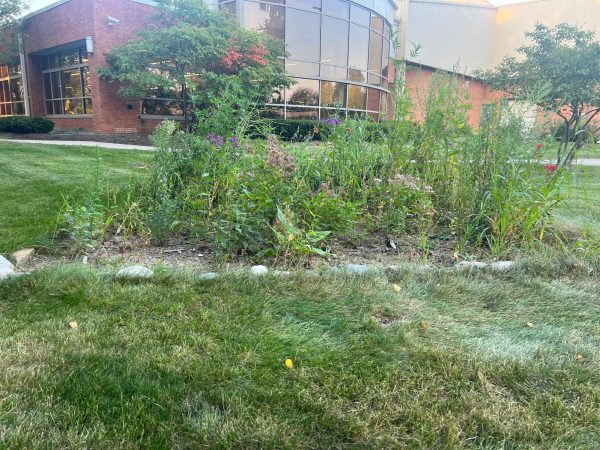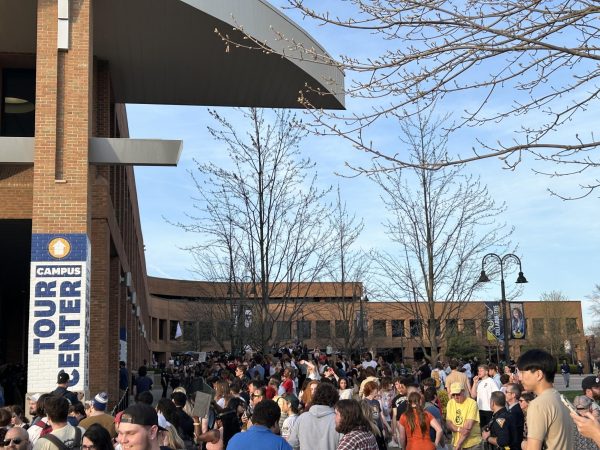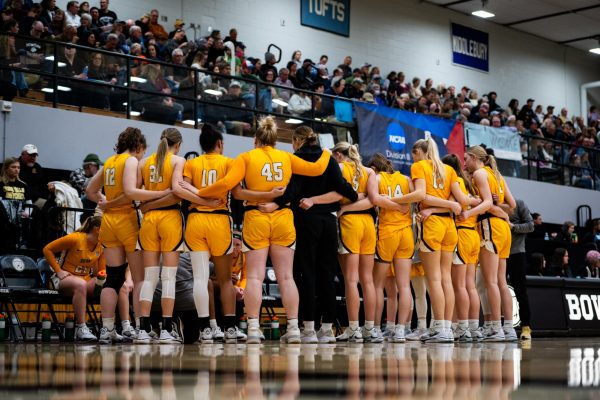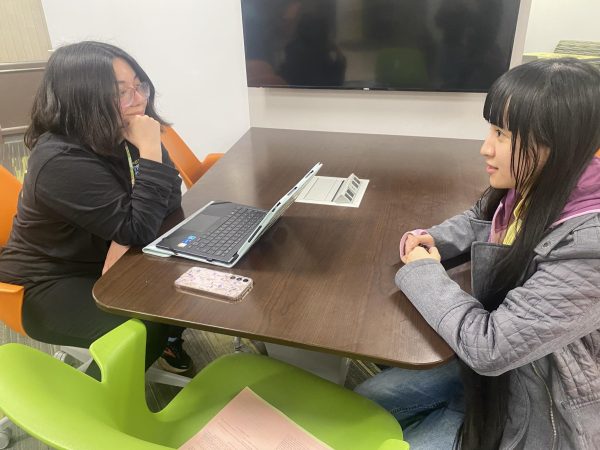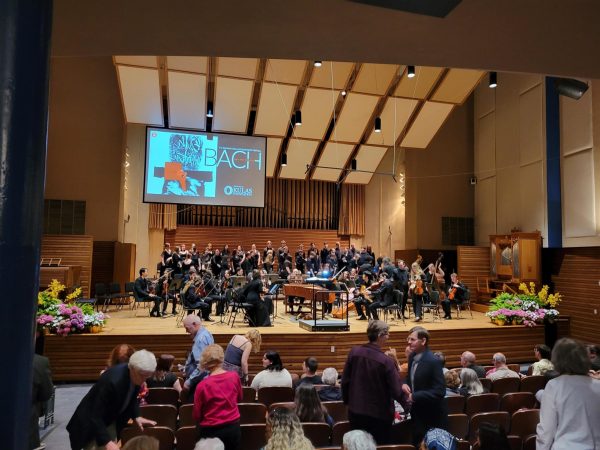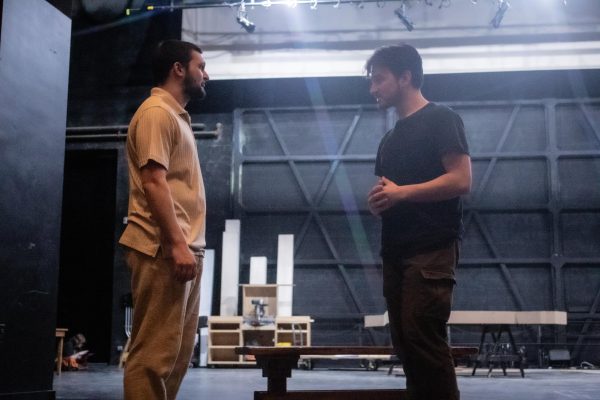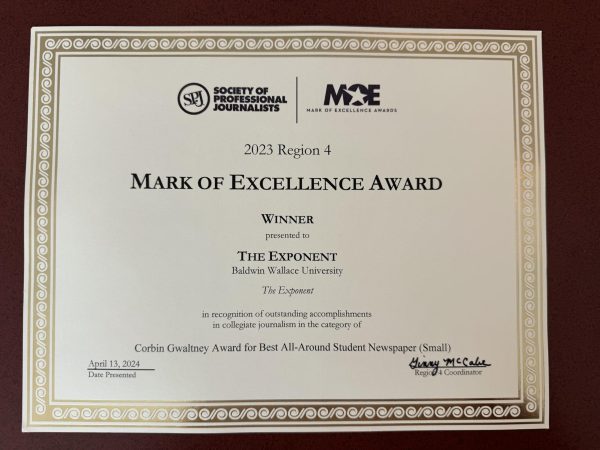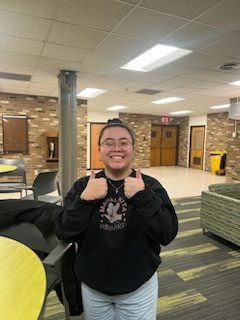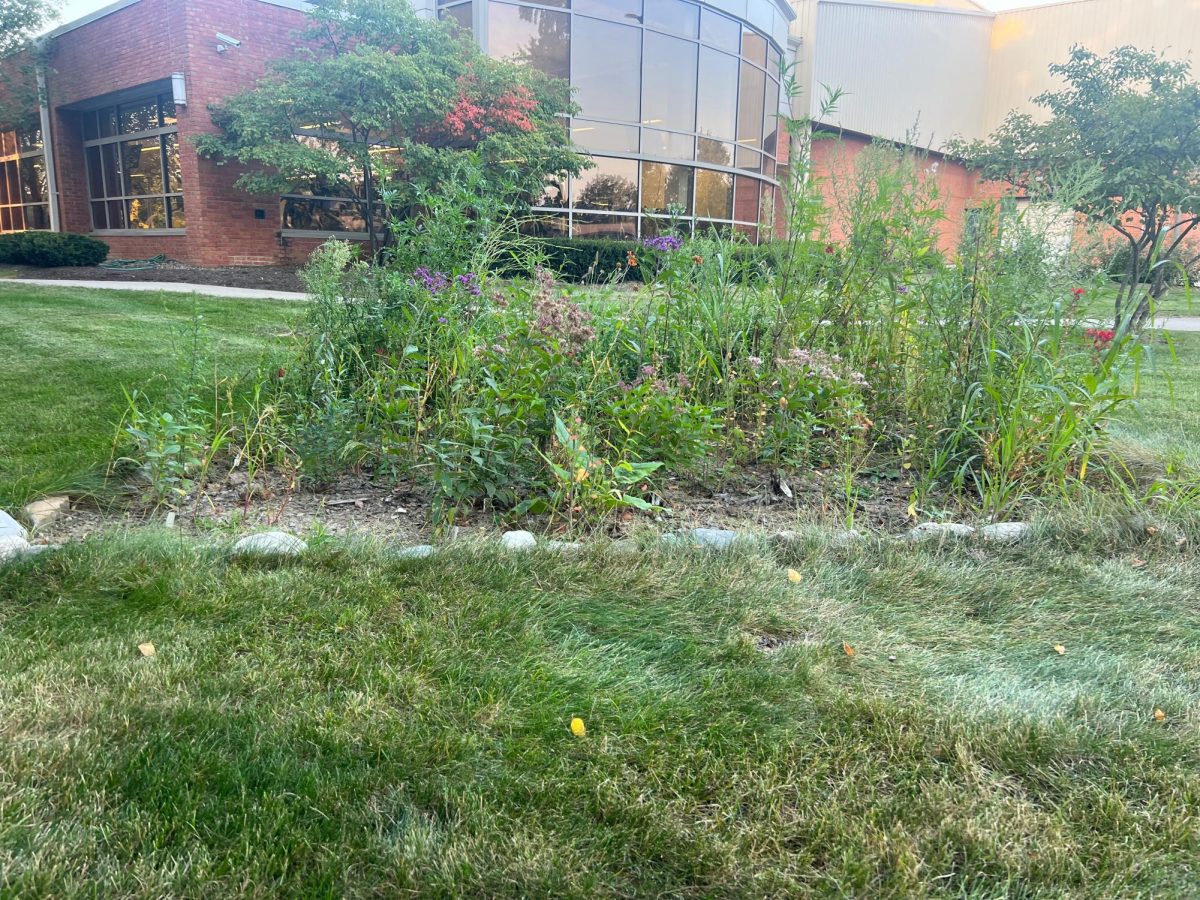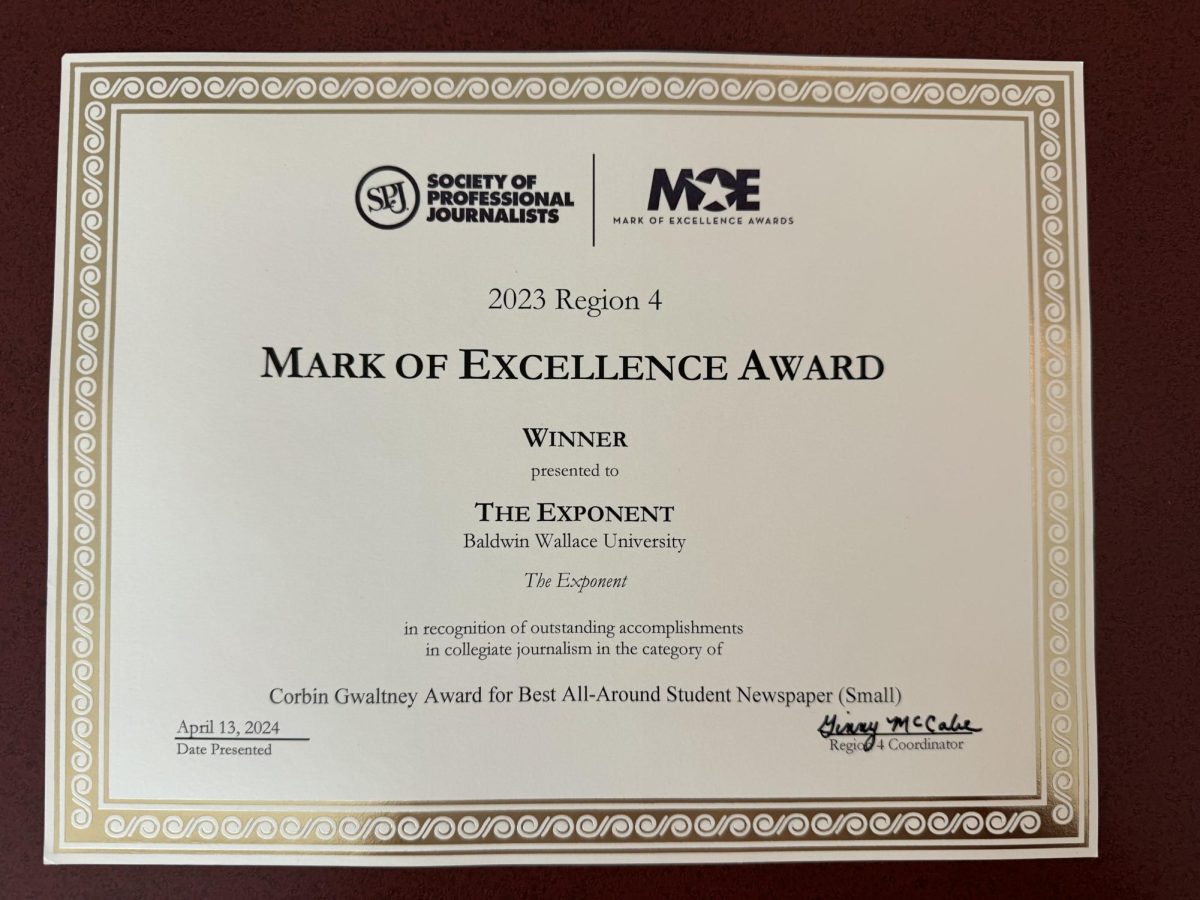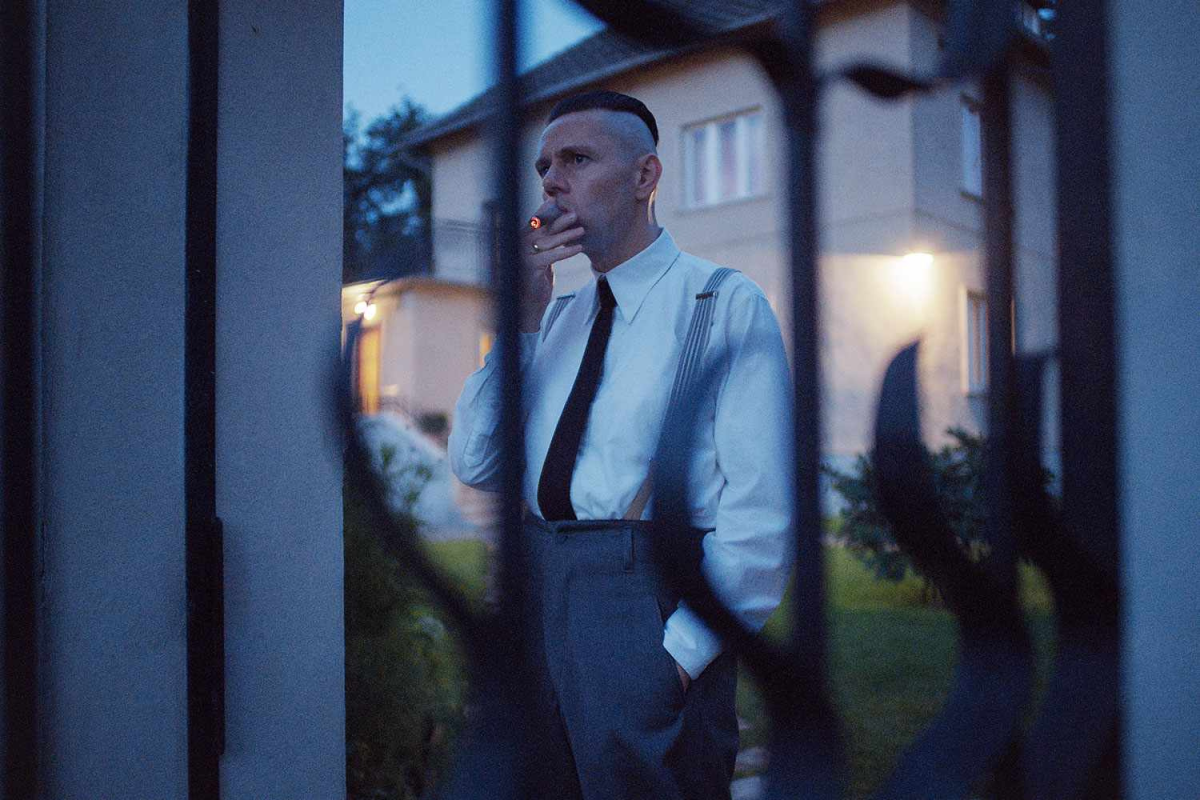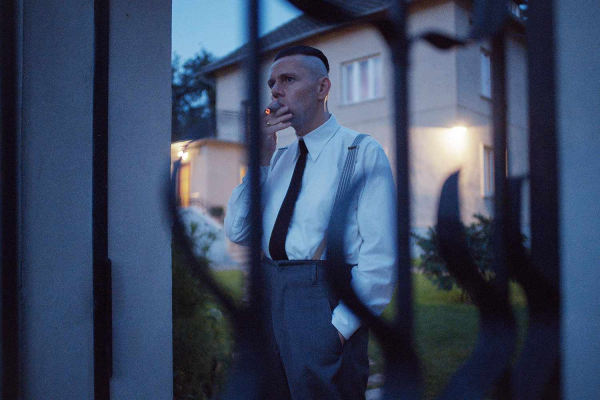A Conversation with Playwright and Actress Nambi E. Kelley
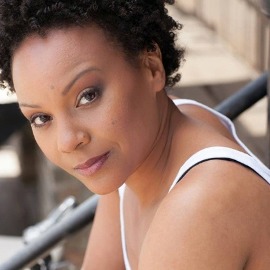
Every year, Baldwin Wallace’s literary magazine, The Mill, sponsors and hosts a Reading Series, bringing in writers from all different backgrounds to give a reading of one of their works. The 2020-2021 academic year is no exception, despite COVID-19 restrictions. The event is scheduled for March 30, at 4:30 pm on Zoom.
This year’s special guest is Nambi E. Kelley, a playwright and actress based in New York City.
Kelley said the play that inspired her to be a playwright was Joe Turner’s Come and Gone by August Wilson. “It changed my life instantly. It was the moment where I felt alive for the first time, the moment where everything made sense, and I saw what I wanted to be and how I wanted to go through life. It is still my favorite play to this day, even over my own plays. I never realized art could be a conversation about the soul, but it really can be. That play lit my brain on fire in ways I could never describe. I knew that if I could make someone feel like that, my life would mean something.”
As a playwright, Kelley is perhaps best known for her adaptation of Richard Wright’s “Native Son,” which received five Jeff Award nominations and was the highest grossing production in the Court Theatre’s—the venue that hosted the play’s world premiere—65 year history.
“For me, playwriting is like poetry,” said Kelley. “There is a certain beauty in the language, and how the language lands on a person from someone else’s mouth.”
Kelley worked with the estate of Maya Angelou to help write a Broadway production of the late writer’s life, set to open in spring 2021. She was hand-picked by Toni Morrison to adapt her novel, Jazz, for the stage in 2017. She also screen writes for TV.
Kelley doesn’t have much of a preference for writing for the stage or the screen. She said, “Writing for the screen is more about what you see specifically, taking action and making it very visual. It’s fun to do poetically, and it’s nice for when I want a challenge.”
As an actress, Kelley’s portfolio is also rife with accreditations. She has appeared on TV in shows like Coronatown, airing on Amazon, Chicago Med (NBC), Search Party (TBS), Madam Secretary (CBS), Elementary (CBS), Person of Interest (CBS), and Chicago PD (NBC). She has performed on stage in countless productions, like Charleston Olio, The Book of Living and Dying, and The Ballad of Emmett Till.
While acting for TV, Kelley said that “everything is smaller and more subtle. You have to use your eyes a lot, instead of big body movements.” With acting onstage, “everything is magnified—your voice sounds louder, the stage is bigger.”
Like many other performers, Kelly has had to adapt to a Zoom platform rather than in person acting.
“Zoom acting, on the other hand, is totally different,” said Kelley. “It feels like Zoom is trying to be made into a stage because of the pandemic, and I think it’s really great in that you can really have a lot of intricacies. Many people I’ve seen are leaning into the green screen idea. Auditioning from home is also better, in my opinion, because you can control the environment and focus better. Recording from home provides a lot more control. You can do more takes and edit however many times you want to. I really love that freedom.”
Despite this new freedom through Zoom, the impact of COVID-19 made a big impact on Kelley.
“COVID dried up stuff immediately—all productions, everything. The bad part about it is that productions are how I pay my rent, primarily. It was a pretty scary moment,” said Kelley.
Thankfully, Kelly wasn’t left completely without options. “We were still able to preserve my projects using Zoom. Also, after the Black Lives Matter movement really hit momentum over the summer, funding for Black artists started opening up, and people were really interested in what I do, and what I represent. Money started coming faster because of that, and now I’m super busy. I get up at 6 am and then start working all day. I’m super blessed, but it’s a grind, for sure. Non-stop in the best way.”
“This is a unique moment in time to be who I am,” Kelley continued. “I’m very proud, and always have been, to be a black, female artist. During a time like this, I am more busy than ever because of my skin and gender. People want to see more of me and my work, and I’m happy to provide it, but I also don’t want it to remain a novelty.”
Kelley reflected on her creative inspirations, saying that she is inspired by black art in general and by Dominique Morriseau.
“She’s a playwright and activist. I had a personal encounter with her work right when she won the MacArthur award, and then was lucky enough to have a personal experience with her when she took me out to dinner. She is magnificent in her generosity, by extending herself as family when she didn’t even know me. She showed me what can happen when you reach out to people who are alone, no matter what has happened or is happening to you or them.”
Empathy means a lot to Kelley, and some of her biggest advice is to “always be nice to people. What goes around comes around, and you always want your brain and spirit to be in a clean and pure place. The higher part of you is the part that celebrates everyone, the rest is just ego.”
Another bit of advice from Kelley is “don’t stop. I wish I had known 20 years ago that if I was clear about what I wanted to be, it would have manifested itself. It really has nothing to do with talent, it has to do with mindset. Don’t waste your time doubting who you are and what you want.”
To register for the Reading, visit https://bw-edu.zoom.us/meeting/register/tJYrf-mhrzsrHNUIaLa9r2OroPwV9yk6C3W9.
The Exponent is looking for financial contributions to support our staff and our newsroom in producing high-quality, well-reported and accurate journalism. Thank you for taking the time to consider supporting our student journalists.

